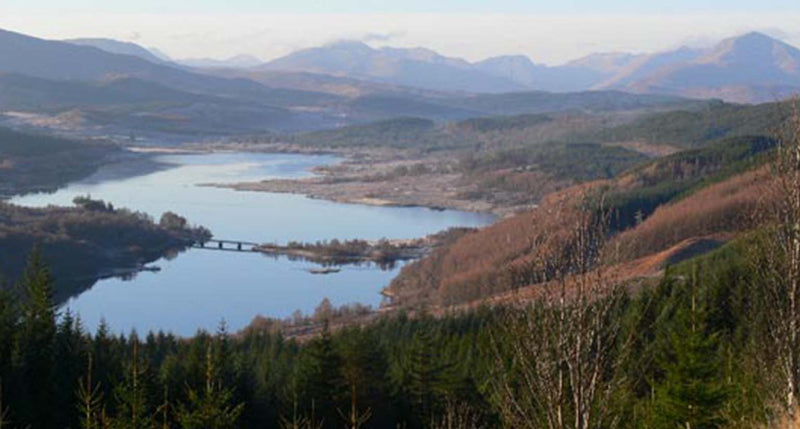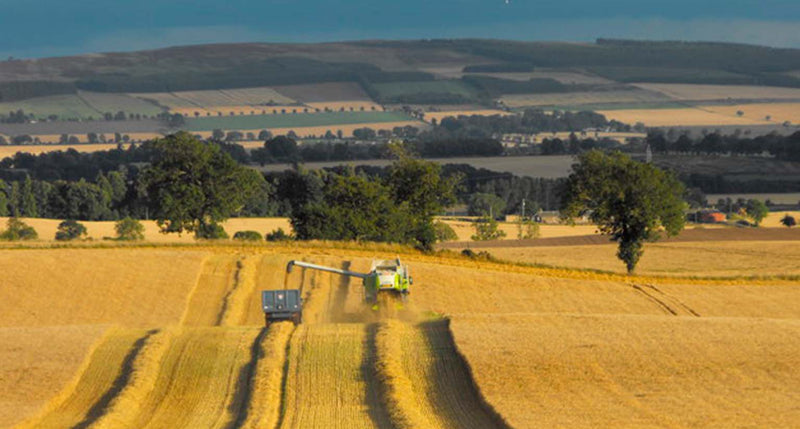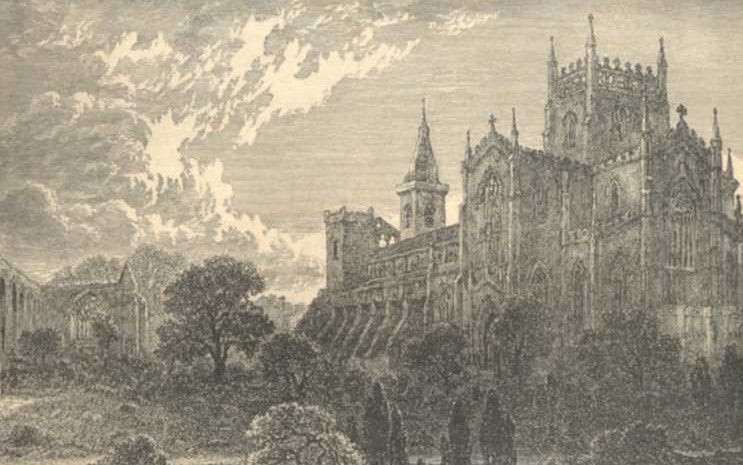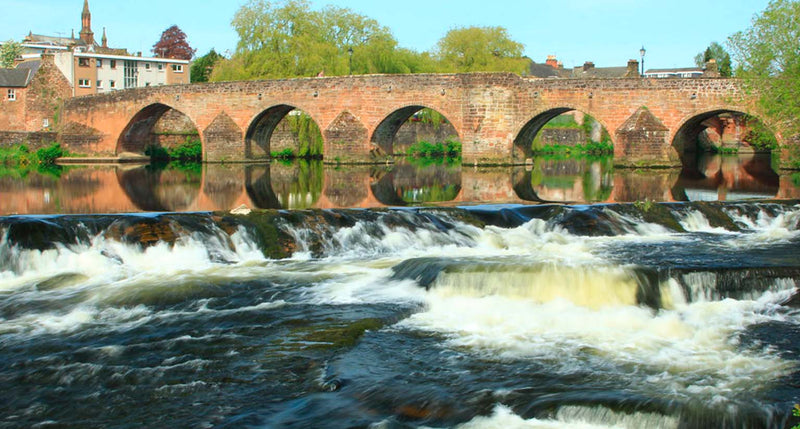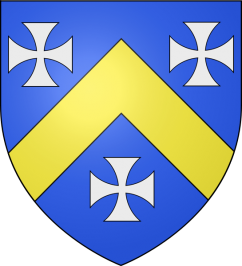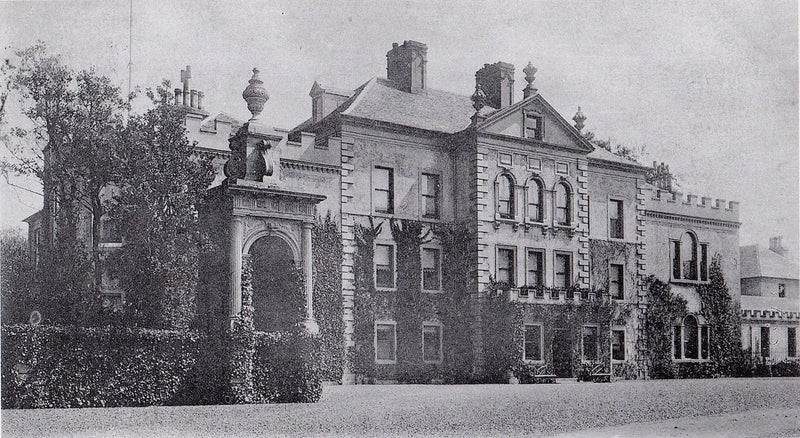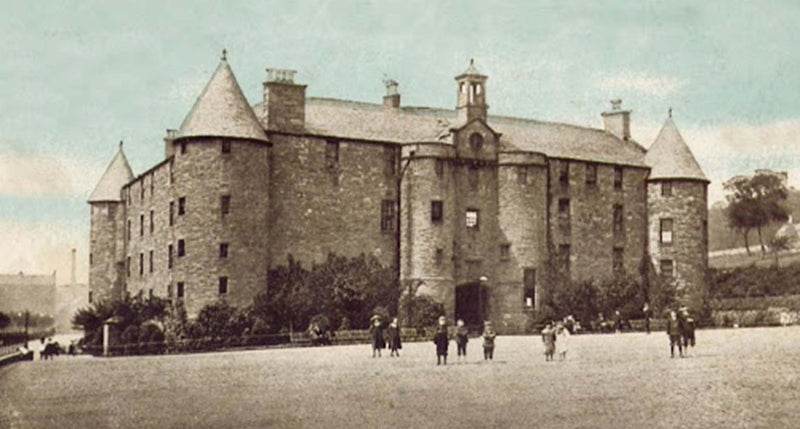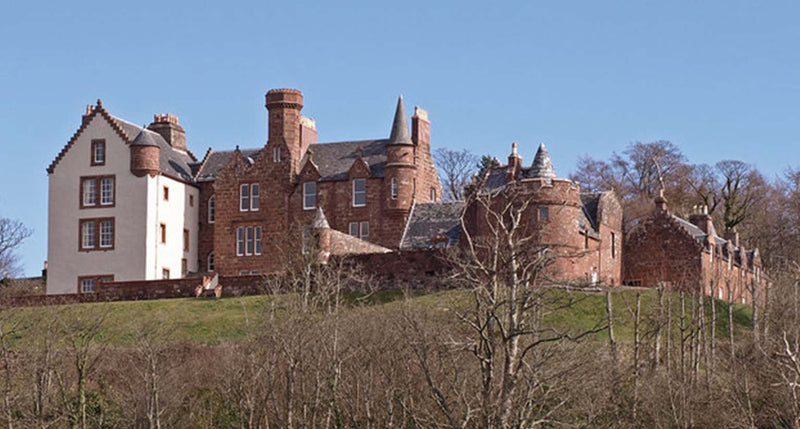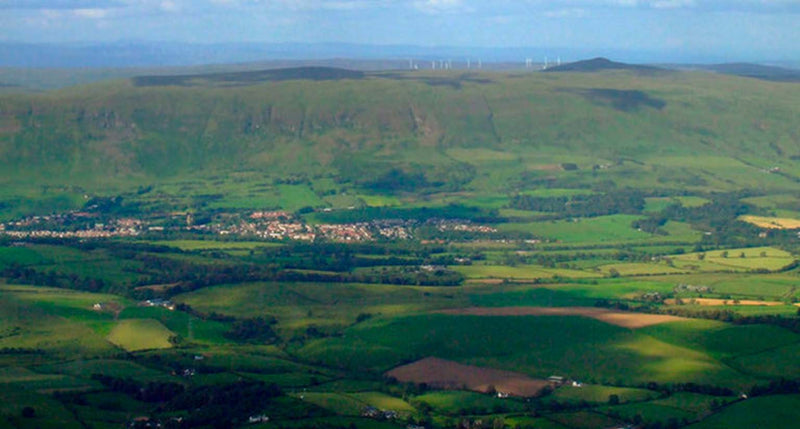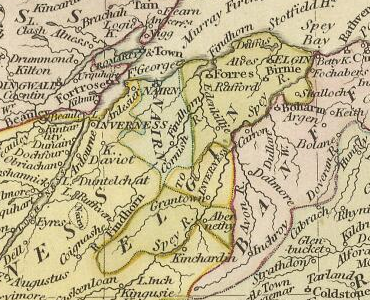A branch from very early in the MacDonald line became the Clanranalds and a branch from them settled on the mainland near Inverness. The clan takes its name ‘Glengarry’ unsurprisingly because they were based in Glen garry where the river Garry winds through. There were also MacDonnells at Keppoch which became a separate branch in […]
Category Archives: Clan History
Also spelled Kinlock, the name derives from the barony of Kinloch at the head of Rossie Loch in the parish of Collessie in Fife. William de Kyndelloche of Fifeshire rendered homage in 1296 to England’s Edward I with his signature, along with the signatures of many other of Scotland’s nobility, on the Ragman Rolls. Johannes […]
The small Norman town of Colville-Sur-Mer is the source of this name. It’s most likely that they travelled over with William the Conqueror during the Norman Conquests. The Colvilles first appear in Scotland in the 12th century. Philip de Colville was listed as a witness on a charter from Malcolm IV to the Monastery of […]
The name Laing derives from the word meaning ‘long’ or ‘tall’. Over the centuries it has been recorded under various different spellings. Numerous Laings have been recorded in Scotland, with some as early as the 14th century, and in wide range of vocations. In 1357 Thomas Laing requested that Dumfries should pay part of the […]
the barclays came to gloucestershire from france during the norman conquest. originally, their name was spelt ‘de berchelai’, which may be the anglo-saxon spelling of ‘beau’ (beautiful) and ‘lee’ (meadow or field). further more, there was a prepondency of the first names roger and ralph among the early gloucester settlers. photo from clanbarclay.org towie barclay […]
The clan takes its name from the barony of Fullerton in Dundonald parish in Ayrshire. Fullarton House, Ayrshire, was built by William Fullarton of that Ilk in 1745. However, it was demolished in 1966. Alanus de Fowlertoun (d.1280) founded and endowed out of his lands a convent of Carmelite, or White Friars at Irvine. His […]
The name Scrymgeour is believed to derive from the Old English word ‘skrymsher’ which means ‘swordsman’. The Scrymgeours are probably descendants of the great MacDuff Earl of Fife and may have claimed their office as standard bearer from their early Celtic origins. It was customary for Celtic armies to be accompanied by sacred holy relics […]
The name of Montgomery derives from an ancient Norman family, who held the Castle of St. Foy de Montgomery near Lisieux, in France. Tradition asserts that the name can be traced back to a Roman commander called Gomericus. Another ancestor, Roger de Mundegumbrie was related to William the Conqueror and was granted lands in England […]
The Lennox clan has a great significance in Scotland’s early history. The Earldom of Lennox covered a vast area around Dunbartonshire as well as parts of Renfrewshire, Stirlingshire and Perthshire. The name derives from the ancient Celtic Mormaers of Levenax from which came the Earls of Lennox. Several theories exist as to the actual origins […]
The geographical origin of this ancient clan is the lands of Brodie near Forres, in Morayshire. The exact details of the clan’s origin were denied to history through a malicious attack on Brodie Castle by Lord Lewis Gordon, 3rd Marquis of Huntly, in 1645. All archive material such as charters were burnt and, as a […]

